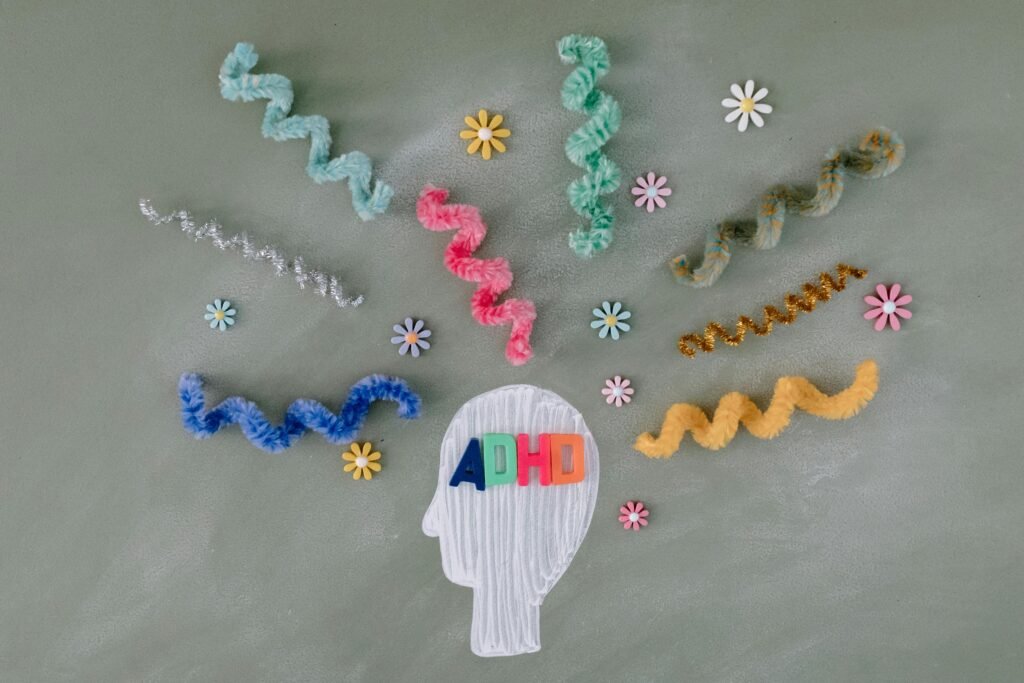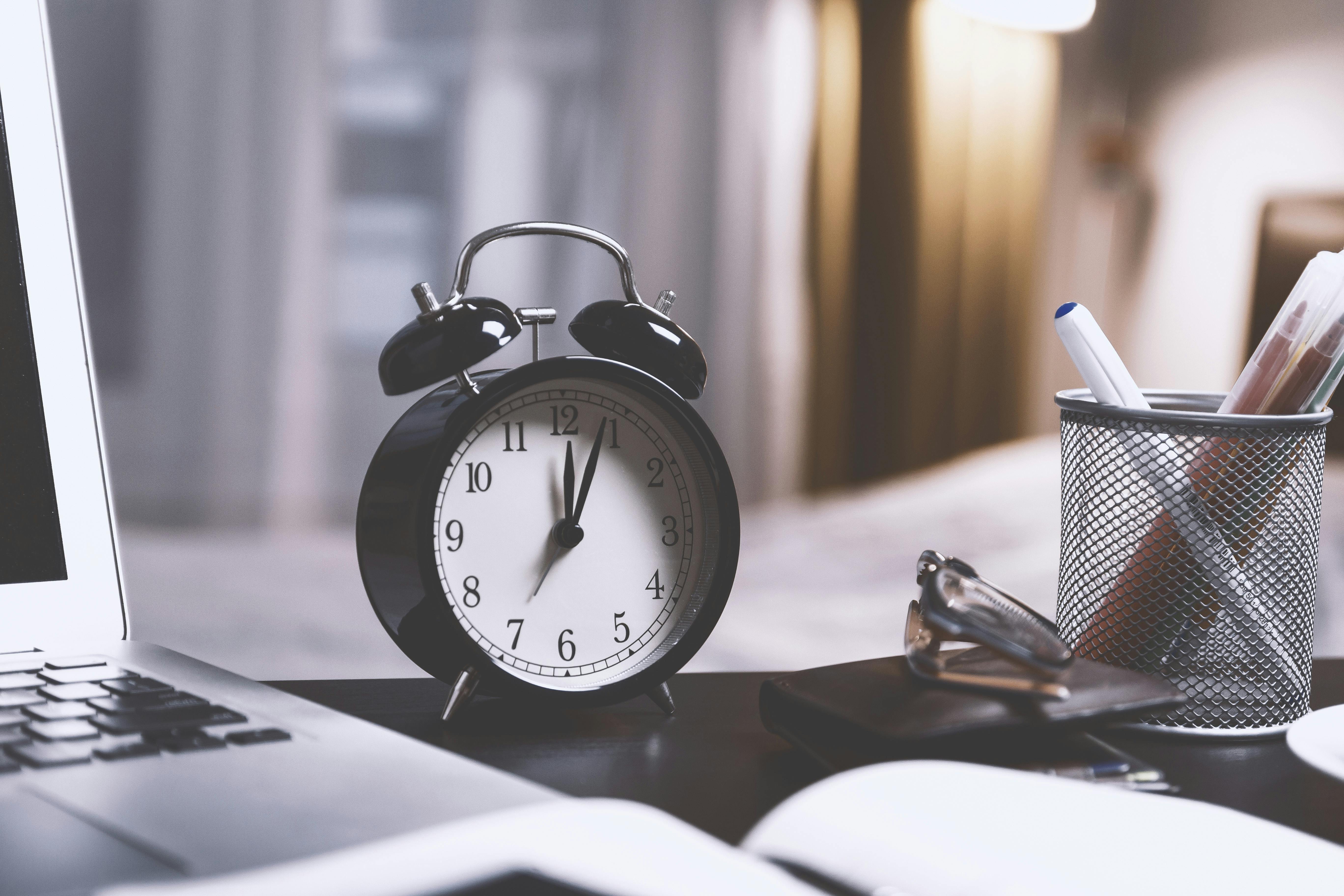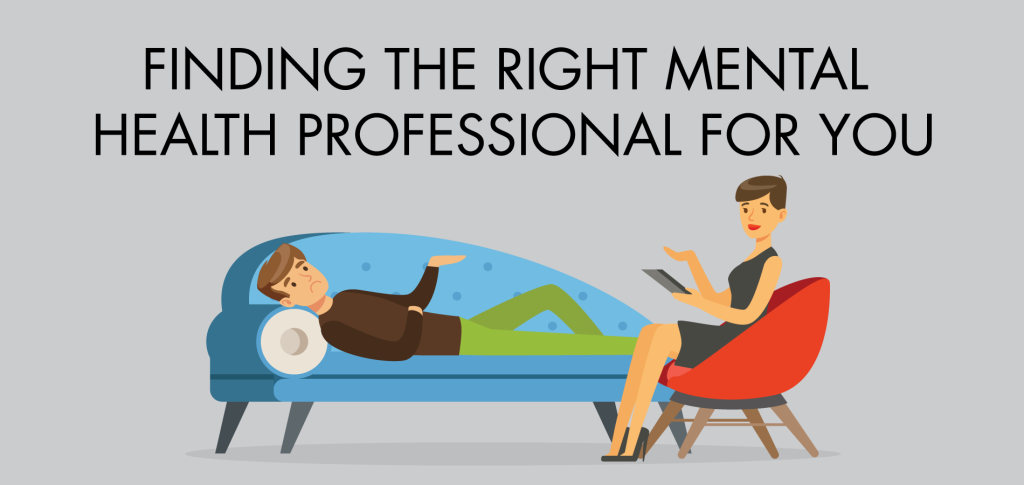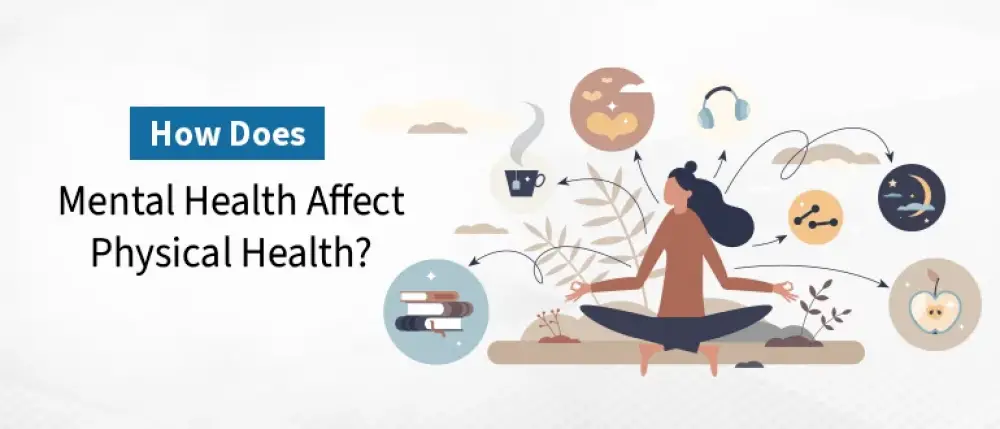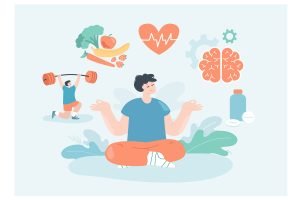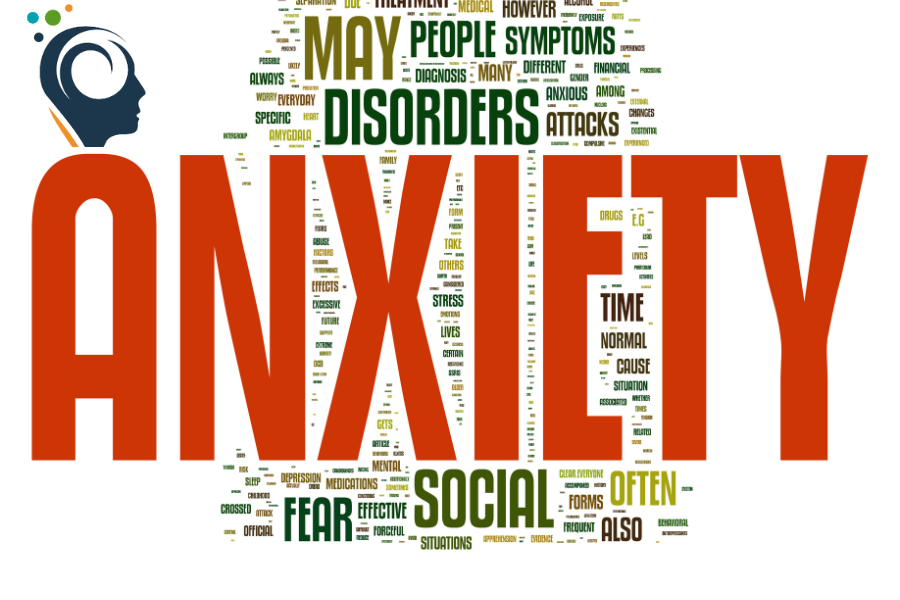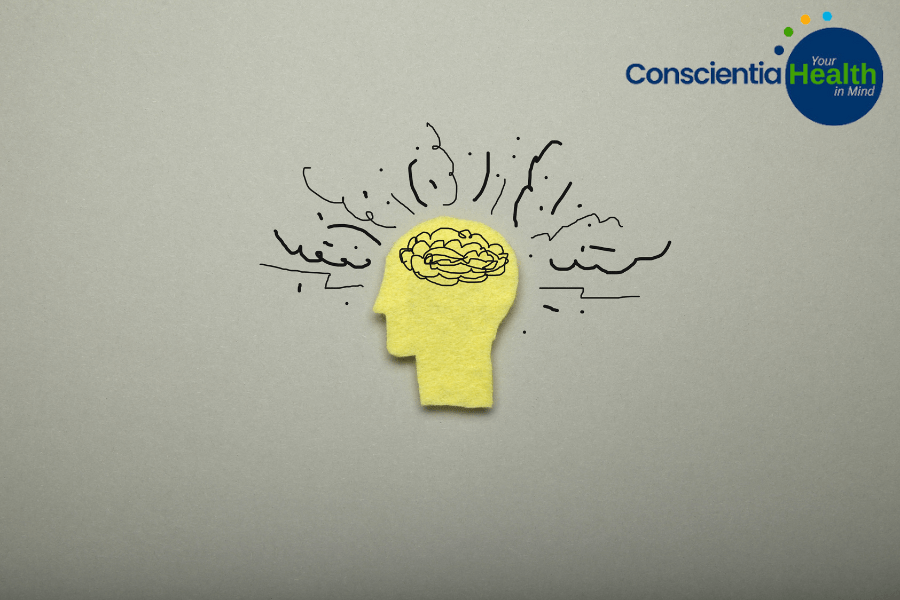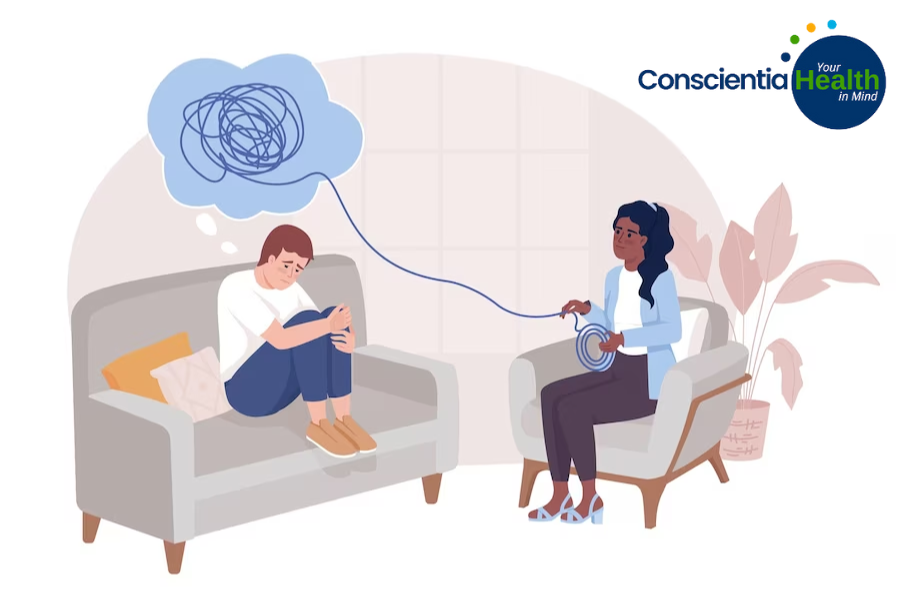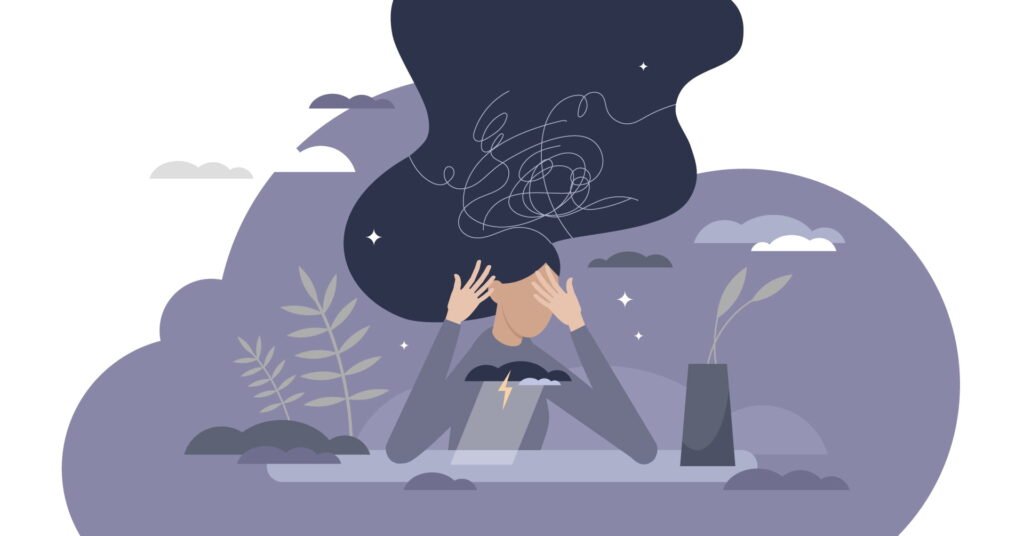Why Do I Feel So Tired All the Time? Mental Health Resources in New York
Discover why exhaustion isn't just physical—and find compassionate mental health support in New York to help you reclaim your energy and well-being.
You wake up exhausted. You drag yourself through the day. By evening, even simple tasks feel insurmountable. You've tried sleeping more, drinking more coffee, and cutting back on obligations—but the fatigue never lifts. You're not alone. Across New York, countless people are asking the same question: Why do I feel so tired all the time?
The answer often isn't found in a blood test or a vitamin bottle—it's rooted in mental health. Depression, anxiety, chronic stress, and burnout don't just affect your mood; they drain your body's energy reserves, disrupt your sleep, and leave you feeling physically and emotionally depleted. Understanding the connection between mental health and fatigue is the first step toward reclaiming your vitality.
At Conscientia Health, we specialize in comprehensive mental health care for individuals throughout New York. Whether you're in Manhattan, Brooklyn, Queens, the Bronx, or Staten Island, our experienced team provides compassionate, evidence-based treatment to help you understand and overcome mental health-related fatigue. From anxiety treatment to depression support, we're here to help you feel like yourself again.
Feeling Exhausted? Let's Find Out Why
Schedule a comprehensive mental health evaluation with Conscientia Health and take the first step toward renewed energy and well-being.
The Mind-Body Connection: Why Mental Health Makes You Tired
Mental health and physical energy are intimately connected. Your brain consumes about 20% of your body's total energy—and when it's constantly working to manage stress, worry, or sadness, there's little left for anything else. Mental health conditions create a cascade of physiological changes: elevated cortisol levels, disrupted sleep architecture, inflammation, and altered neurotransmitter function. The result? Overwhelming, persistent fatigue that rest alone can't fix.
Before assuming your exhaustion is purely psychological, it's essential to rule out medical causes. Conditions like thyroid disorders, anemia, diabetes, sleep apnea, and vitamin deficiencies can all cause profound tiredness. Schedule a physical exam with your primary care physician first. If medical tests come back normal but you're still dragging, mental health is likely the culprit—and that's where specialized care from providers like Conscientia Health becomes invaluable.
Common Mental Health Causes of Chronic Fatigue
Let's explore the most common mental health conditions that leave people feeling perpetually exhausted—and how to recognize the signs.
Depression and the "Heavy" Feeling
Depression isn't just profound sadness—it's a full-body experience. Many people with depression describe feeling "heavy," as if they're moving through mud. This isn't metaphorical; it's a real phenomenon called psychomotor retardation, where both thought and movement slow down significantly.
Depression disrupts the brain's reward system and motivation circuits, making even enjoyable activities feel pointless and exhausting. The condition also interferes with sleep regulation—some people sleep excessively (hypersomnia) yet still wake up tired, while others lie awake ruminating. This creates a vicious cycle: fatigue leads to inactivity, which worsens mood, which deepens exhaustion.
Depression tiredness is distinct from ordinary fatigue. It's accompanied by feelings of hopelessness, loss of interest in activities you once enjoyed, changes in appetite, difficulty concentrating, and sometimes physical aches. If you recognize these symptoms, professional evaluation is essential. Research shows that depression often goes hand-in-hand with professional and personal struggles; high-functioning depression can be particularly insidious, as individuals maintain their responsibilities while suffering internally.
In New York, where the pace is relentless and expectations are high, depression can feel especially isolating. But treatment works—and you don't have to face it alone.

Anxiety and the Racing Mind
Anxiety is like running a mental marathon while sitting still. Even when you're physically inactive, your brain is in overdrive—scanning for threats, replaying conversations, catastrophizing about the future. This constant state of hypervigilance activates your sympathetic nervous system, flooding your body with stress hormones like cortisol and adrenaline.
When the adrenaline wears off, you crash. This is anxiety exhaustion—the profound fatigue that follows periods of intense worry or panic. People with anxiety often describe feeling "wired and tired" simultaneously: their mind races, but their body is completely drained.
Anxiety also wreaks havoc on sleep. Racing thoughts keep you awake at bedtime, and even when you do fall asleep, anxiety can fragment your sleep architecture, preventing deep, restorative rest. You might sleep for eight hours but wake up feeling like you barely closed your eyes.
Many New Yorkers experience high-functioning anxiety—managing demanding jobs, relationships, and responsibilities while battling constant internal turmoil. From the outside, everything looks fine. Inside, you're exhausted. Specialized anxiety treatment can help break this cycle and restore both mental clarity and physical energy.
Anxiety Draining Your Energy?
Our evidence-based anxiety treatment programs in New York help you quiet the racing thoughts and regain your vitality.
Chronic Stress and Burnout
Not all stress is created equal. Acute stress—like preparing for a presentation or dealing with a temporary crisis—is manageable and time-limited. Chronic stress, on the other hand, is relentless. It's the ongoing pressure of financial strain, caregiving responsibilities, toxic work environments, or relationship conflict that never fully resolves.
Chronic stress keeps your body in a prolonged state of "fight or flight," leading to what's known as burnout—a syndrome characterized by emotional exhaustion, cynicism, detachment, and a reduced sense of personal accomplishment. If you feel like you're giving everything to work, family, or obligations and getting nothing back, you're likely experiencing burnout.
Emotional exhaustion symptoms include:
- Feeling drained, depleted, and unable to cope
- Loss of motivation and interest in work or activities
- Cynicism, irritability, and detachment from others
- Difficulty concentrating and making decisions
- Physical symptoms like headaches, muscle tension, and digestive issues
- Increased reliance on substances like caffeine, alcohol, or food to cope
Burnout is particularly common in high-pressure environments like New York City, where the "hustle culture" glorifies overwork and makes rest feel like failure. But burnout isn't a badge of honor—it's a serious condition that requires intervention. Therapy, stress management techniques, and sometimes medication can help you recover and prevent future episodes.

The Science: Why Your Brain Makes Your Body Tired
Understanding the biological mechanisms behind mental health fatigue can help demystify why you feel so drained—and validate that your exhaustion is real, not imagined.
The Cortisol Connection
Cortisol is your body's primary stress hormone. In small doses, it's helpful—it mobilizes energy, sharpens focus, and prepares you to handle challenges. But when stress becomes chronic, cortisol levels remain elevated for extended periods, leading to a host of problems.
High cortisol disrupts your circadian rhythm, making it harder to fall asleep and stay asleep. It interferes with the production of other essential hormones, including thyroid hormone (which regulates metabolism and energy) and sex hormones (which affect mood and vitality). Over time, prolonged cortisol elevation can actually lead to adrenal fatigue, where your stress response system becomes dysregulated and struggles to produce adequate hormones at all.
The result? You feel tired but wired, unable to relax but unable to function. Your body is stuck in survival mode.
Sleep Disruption: Quantity vs. Quality
Mental health conditions don't just reduce the amount of sleep you get—they destroy the quality. Anxiety and depression interfere with deep sleep and REM sleep, the stages where your brain consolidates memories, processes emotions, and performs essential maintenance.
You might lie in bed for eight or nine hours, but if your sleep is fragmented or shallow, you won't feel refreshed. Common sleep disturbances associated with mental health conditions include:
- Insomnia: Difficulty falling asleep or staying asleep, often due to racing thoughts or worry
- Hypersomnia: Sleeping excessively (10+ hours) yet still waking up exhausted
- Early morning awakening: Waking up at 3 or 4 AM and being unable to fall back asleep
- Nightmares or vivid dreams: Disrupted REM sleep due to trauma or anxiety
Addressing the underlying mental health condition often improves sleep—which, in turn, restores energy and cognitive function.
Ready to Break the Cycle?
At Conscientia Health, we address both the mental and physical dimensions of fatigue with personalized, compassionate care.
5 Ways to Combat Mental Health Fatigue
While professional treatment is often necessary for chronic fatigue related to mental health conditions, there are practical strategies you can implement today to start feeling better. These aren't quick fixes, but consistent practice can make a meaningful difference.
1. Rule Out Physical Causes First
Before focusing solely on mental health, make sure there isn't a medical issue contributing to your fatigue. Schedule a comprehensive physical exam and ask your doctor to check:
- Thyroid function (hypothyroidism is a common cause of tiredness)
- Iron levels (anemia causes profound fatigue)
- Vitamin D and B12 (deficiencies affect energy and mood)
- Blood sugar regulation (diabetes and prediabetes cause exhaustion)
- Sleep quality (consider a sleep study to rule out sleep apnea)
If these tests are normal, it's time to explore the mental health connection with a qualified provider.
2. Practice "Restorative Rest"
Here's a hard truth: scrolling social media on your phone isn't rest. True restorative rest involves activities that genuinely calm your nervous system and allow your brain to recharge. Examples include:
- Meditation or deep breathing: Even 5-10 minutes can lower cortisol levels
- Gentle walks in nature: Green spaces have been shown to reduce stress and improve mood
- Reading fiction: Immersing yourself in a story can provide mental escape
- Creative activities: Drawing, knitting, playing music—anything that engages you without pressure
- Time with loved ones: Meaningful connection is deeply restorative
Schedule rest intentionally, just as you would a meeting. It's not optional—it's essential.
3. Try the "Brain Dump" Technique
Anxiety and worry create mental loops—your brain replays the same concerns over and over, burning energy without solving anything. The "brain dump" technique interrupts this cycle.
Here's how: Set a timer for 10 minutes. Write down every worry, thought, and to-do item swirling in your mind. Don't edit, organize, or judge—just get it all out onto paper. When the timer goes off, close the notebook. You've externalized your worries; they no longer need to occupy valuable mental space.
Many people find this practice especially helpful before bed, as it prevents rumination from interfering with sleep.
4. Optimize Your Sleep Hygiene
Quality sleep requires more than just lying down. Create an environment and routine that support deep, restorative rest:
- Consistency: Go to bed and wake up at the same time every day, even weekends
- Darkness: Use blackout curtains or an eye mask to block light
- Cool temperature: Keep your bedroom around 65-68°F (18-20°C)
- No screens for 1 hour before bed: Blue light suppresses melatonin production
- Limit caffeine: No coffee or energy drinks after 2 PM
- Reserve your bed for sleep: Don't work, watch TV, or scroll social media in bed
If you still struggle with sleep despite good hygiene, talk to a mental health professional. Therapy, particularly Cognitive Behavioral Therapy for Insomnia (CBT-I), is highly effective.
5. Move Your Body Gently
It sounds counterintuitive: I'm exhausted—why would I exercise? But gentle movement actually increases energy. Physical activity improves circulation, releases endorphins (natural mood elevators), and regulates cortisol levels.
The key word is gentle. You're not training for a marathon. Try:
- A 15-minute walk around your neighborhood
- Stretching or yoga
- Dancing to a favorite song
- Light gardening or household tasks
Start small. Even five minutes of movement is better than none—and often, once you start, you'll find you have more energy than you thought.
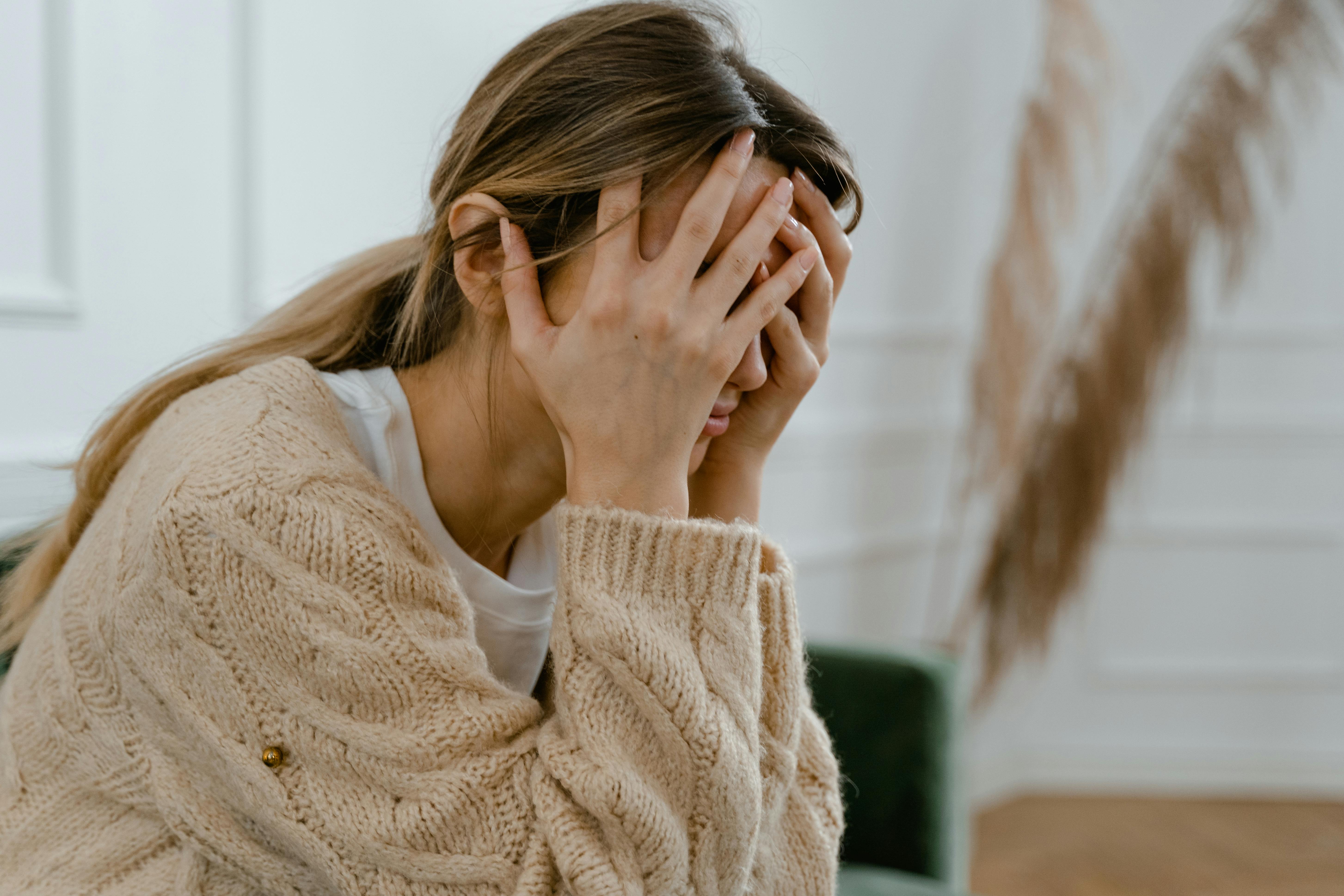
When to Seek Professional Help
Self-care strategies are important, but they're not a substitute for professional treatment when mental health conditions are at play. So how do you know when it's time to reach out for help?
Seek professional evaluation if:
- Your fatigue has persisted for more than two weeks despite adequate rest
- Exhaustion significantly interferes with work, relationships, or daily functioning
- You experience mood changes like persistent sadness, hopelessness, irritability, or apathy
- Your sleep is severely disrupted (insomnia, hypersomnia, or frequent nightmares)
- You've lost interest in activities you once enjoyed
- You have difficulty concentrating, making decisions, or remembering things
- Physical symptoms accompany your fatigue (headaches, muscle aches, digestive issues)
- You're using substances (alcohol, drugs, excessive caffeine) to cope
- You have thoughts of self-harm or suicide
At Conscientia Health, we provide comprehensive mental health services tailored to New Yorkers' unique needs. Our evidence-based approach combines therapy, psychiatric evaluation, medication management when appropriate, and holistic wellness strategies. Whether you're dealing with depression, anxiety, burnout, or a combination of challenges, our experienced team is here to help you understand what's happening—and chart a path forward.
We accept most major insurance plans and offer flexible scheduling, including telehealth appointments, to make care accessible no matter where you are in New York. Don't wait until you're completely depleted. Early intervention leads to faster recovery and better long-term outcomes.
Take the First Step Toward Feeling Better
Conscientia Health is here to support you with compassionate, expert mental health care in New York. Let's work together to restore your energy and quality of life.
Mental Health Resources in New York
In addition to seeking care from providers like Conscientia Health, New York residents have access to numerous reputable mental health resources:
- NYC Well: Free, confidential mental health support available 24/7 by phone, text, or chat. Call 1-888-NYC-WELL (692-9355) or text "WELL" to 65173.
- NYC Health + Hospitals: Comprehensive mental health services across all five boroughs, including inpatient and outpatient care.
- Crisis Text Line: Text HOME to 741741 to connect with a trained crisis counselor any time, from anywhere in the U.S.
- National Alliance on Mental Illness (NAMI): Education, support groups, and advocacy for individuals and families affected by mental illness. NAMI-NYC offers local programming.
- New York State Office of Mental Health: Information about state-funded mental health services, treatment facilities, and patient rights.
- Psychology Today Therapist Finder: Directory of licensed therapists, psychiatrists, and counselors in New York, searchable by specialty and insurance.
These resources complement professional care and can provide immediate support during difficult times. Remember: reaching out is a sign of strength, not weakness.
Final Thoughts: You Deserve to Feel Energized
Persistent fatigue isn't something to "just push through" or dismiss as laziness. When you're exhausted all the time despite rest, your body and mind are telling you something important: they need help. Whether the root cause is depression, anxiety, burnout, or another mental health condition, effective treatment is available—and it works.
You don't have to navigate this alone. At Conscientia Health, we're dedicated to helping New Yorkers reclaim their energy, clarity, and joy. Our compassionate, experienced team understands the unique pressures of life in this city, and we're here to provide the personalized, evidence-based care you deserve.
Take the first step today. Whether you're ready to book an appointment, have questions about our services, or just want to talk to someone who understands, we're here. Call us at (877) 803-5342 or reach out online. Because you deserve more than just getting by—you deserve to thrive.
Your Energy and Well-Being Matter
Don't wait another day to address your fatigue. Connect with Conscientia Health and discover compassionate, expert mental health care tailored to your needs.


